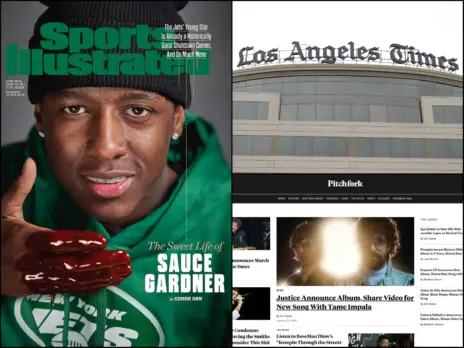Protecting a source used to be easy. You just kept your mouth shut – even if it meant being fined or being threatened with prison.
The internet has made it harder. It’s easy to disclose a source without even realising it. And that could have serious consequences for someone who had leaked you some information in confidence.
This checklist will help to keep you out of trouble:
- Tell your contacts not to pass on story ideas on a public social media pages – eg, your Facebook wall, or Twitter. Make sure they send you a direct message.
- Make sure you don’t copy an email to someone else by mistake, or insert the wrong name in the name field using auto-insert.
- Just being connected to someone on LinkedIn or a similar site acknowledges that you have a connection with them. Do they want their colleagues, employer etc to know that?
- Beware Tweeting that you’re meeting someone if it’s a sensitive story … especially if you have an app that automatically adds your GPS location to your Tweets.
- Check before your privacy settings on any work-related social media site, in case you end up communicating information to your friends and friends of friends, by mistake. Restrict who is able to access your information.
- Remember that the default privacy settings for both Twitter and Facebook allow some information to be shared with everyone, unless you change them.
- Keep separate accounts for work and personal life and refuse to engage with contacts on your personal feed … otherwise you could say things to them that could be seen by others.
- Do not to criticise your contacts or ‘sound off’ about work on your personal social media pages. Contacts may see it.Employers are not legally obliged to disregard an employee’s conduct simply because it occurs outside the work place.In one case, a pub manager made offensive comments about regular the pub customers on her Facebook profile.Customers head about it, complained, and the manager was dismissed. She claimed unfair dismissal at an employment tribunal, but lost her case, even though her comments could only be viewed by 40-50 close friends.
- Don’t criticise anybody in an email or on the web. Assume it will be passed on. If it is, it could be anything from embarrassing to defamatory.
- Anything you write on a social media site could be used against you, in a court case.
Cleland Thom is a consultant and trainer in media law
Email pged@pressgazette.co.uk to point out mistakes, provide story tips or send in a letter for publication on our "Letters Page" blog







